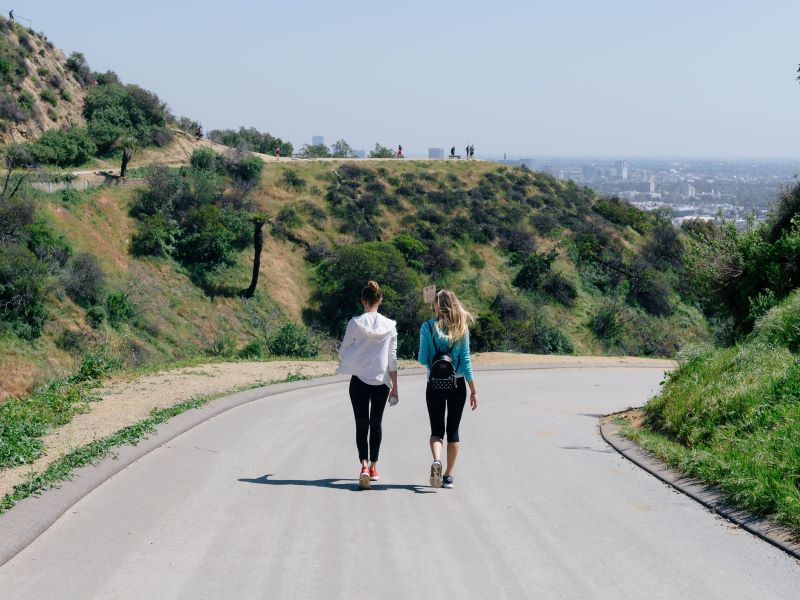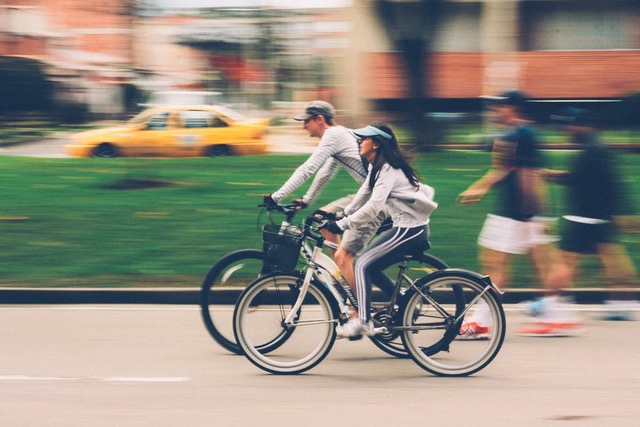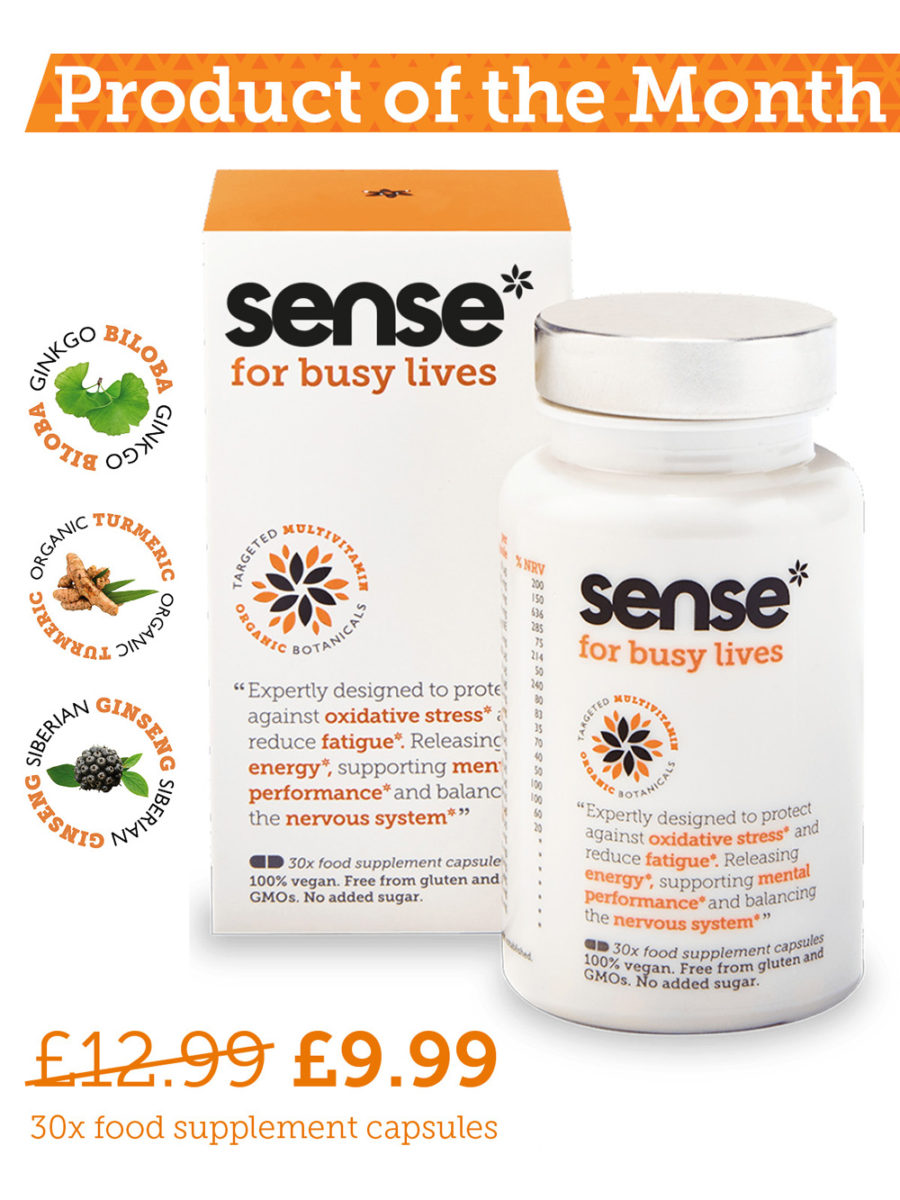
Immunity and movement: the basics
We all know that moving around regularly or exercise helps decrease your chances of developing heart disease. It quite obviously also keeps your bones healthy and strong. What about immunity and movement?
We do not know exactly how exercise increases your immunity to certain illnesses. There are several theories including the following.
- Physical activity may help flush bacteria out of the lungs and airways. This may reduce your chance of getting a cold, flu, or other illness.
- Exercise causes change in antibodies and white blood cells (WBC). WBCs are the body’s immune system cells that fight disease.
- These antibodies or WBCs circulate more rapidly, so they could detect illnesses earlier than they might have before.
- The brief rise in body temperature during and right after exercise may prevent bacteria from growing. This temperature rise may help the body fight infection better. (This is similar to what happens when you have a fever.)
- Exercise slows down the release of stress hormones. Some stress increases the chance of illness. Lower stress hormones may protect against illness.
What amount of movement is good for immunity
Whilst exercise is therefore good for you, you should not overdo it. People who already exercise, for example, don’t need to exercise more just to increase their immunity.
Heavy, long-term exercise (such as marathon running and intense gym training) could actually cause harm and reduce immunity levels particularly during or after training or events.
Many studies have shown that people who follow a moderately energetic lifestyle, benefit most from movement. They also do well by starting (and sticking to) an exercise program. A moderate program which is highly beneficial can consist of any of the following:
- Bicycling with your children a 3-4 times a week
- Taking daily 20 to 30 minute walks daily
- Going to the gym every other day (don’t go mad though)
- Playing golf regularly
Getting outside for exercise
Do you love breathing in fresh air? So do we
Many of us love being outside, but it can be hard to find the time. We’ve got so much to do at our desks and at home, battling with never-ending lists of tasks and people we need to see.
Ask yourself this: how much time did you spend outdoors today or weekly?
If you’re spending more time looking out of your window than being outside; this may be the perfect time to dive into a new hobby and indulge in some true you time. Starting a hobby that takes place outside not only gets you moving, but you’ll also benefit from that essential daily dose of vitamin D.
Vitamin D is the sunshine vitamin and is in ever shorter supply in autumn and winter months. It is also a cornerstone of your immune system. Read all about vitamin D and how beneficial it is to immunity.
Outdoor hobbies, sound intriguing?
We’re here to help, with top tips to get you moving. Don’t panic – we’re not saying you have to do an outdoor boot camp class! Just some movement and immunity will benefit.
1) First things first… focus on the fun
Chilly weather can definitely knock your motivation. When it’s cold (and especially wet), it can be hard to drag yourself out for a walk or run – but the endorphins from active and social pastimes can help give you that extra boost!
Persuade a friend or colleague to go with you or join an online community for support. If in doubt just google what you are looking for.
Being with others who share the same interests, goals and hobbies, helps to keep you motivated and creates the often-needed sense of accountability. There are tons of social media groups that you can join, where you can meet like-minded people, share your progress and challenge others.
2) Driving is so yesterday… why not ride a bike around?
If you haven’t already joined this bandwagon, then why not give it a go? Not only does cycling to work combine physical exercise with being outdoors – but you also get the added bonus of exploring new views and finding new routes!
Compare these two experiences:
Commuting or shopping journey: option A
Defrost your car, get in the car, sit at traffic lights, spend more time sitting in traffic, spend even more time searching for a parking space, pay to park, and end up arriving late and flustered.
Commuting or shopping journey: option B
Put on your helmet, get on your bike, filter past traffic, breath in the fresh air, lock the bike, and arrive with time to spare… and in a much better mood!

3) How about a fulfilling outdoor past-time?
If walking, running and cycling aren’t for you – or you’re simply looking for a new interest, have you thought about developing ‘green fingers’?
Gardening has been introduced to many hospitals, prisons, nursing homes and community centres due to the vast amount of health benefits that come with it! In lock-down it has literally saved many people’s sanity.
It can help keep your muscles agile, distract you from daily stresses and of course, provides a real sense of achievement. And don’t forget the ingredients for delicious home cooked meals if you plant herbs and vegetables.

4) T’ai chi in the park anyone? Or yoga at home?
To maintain core and bone strength it’s important to partake in some form of exercise as it encourages the deposition of calcium into the bones.
As we age, we may consider lighter forms of exercise like yoga or t’ai chi or pilates. These forms of exercise are great for flexibility, muscle strength, toning, energy and protecting the body from injury by increasing bone mass.
5) OK, so you’ve found your perfect hobby… now how do you maintain it?
Here are some tips to stay in the zone:
- set realistic goals – what can you do every week?
- write it all down – solidify your plan in your own mind
- tell people about it – keep talking about your new hobby, the more you make it part of your life the more likely it will stay part of it
- imagination – sports psychologists will tell you to picture yourself winning, so picture yourself achieving your goals. Being fit, losing weight, being happy
- find a buddy – getting someone to join your plan is a great motivator. But don’t be de-motivated if they cannot do it. You need to be able to go out on your own too.
- monitor your success – part of writing it down or keeping a log. There are quite a few apps you can tap into with gentle programs on them and fireworks when you reach a goal.
6) What about diet and immunity? Is there a perfect diet?
We are afraid not. There are always going to be gaps in the nutrition that you can consume through food and drink alone.
So revisit your food intake. It sounds simple but when the weather is cold, it is often our natural instinct to eat comforting, starchy foods.
Check in with yourself and make sure you are eating a balanced and healthy diet in order to provide your body with the correct nutrients it needs to help keep you energised and alert for the hobby you’ve chosen.
The key food groups that we often don’t get enough of are fresh fruit and vegetables, and whole grains such as oats and brown rice.
Did you know that we’re really supposed to eat nine portions of fruit and vegetables per day?
The reason that the government recommends five portions is because they thought people would be so put off by the recommendation of nine portions, that they’d ignore the recommendation entirely! So we all have to up our game:)
Ultimately, though it is about absorbing as many nutrients that we can so we can have enough energy to move and exercise. Immunity and movement will benefit together.
So if you have any bloating, tummy ache, turbulence, excess wind or similar, your digestion isn’t working at its best. Think about your diet or getting a helping hand from sense* for gut health. If you are not digesting properly, your absorption rate will be low too.
But we all love having a weekly ‘cheat day’ where we indulge in a few extra things we love… all part of a balanced life! But if you want treats more often, dip into our recipe ideas for healthy ways to get treats.
7) What’s the nutrition gap? Do I need to supplement?
When it comes to movement, there is a range of crucial vitamins and superfoods that can help with your joints and bones that you can supplement.
- For example, Vitamin C supports cartilage and collagen formation, helping you to preserve joint flexibility. Great for immunity too!
- Boswellia from the Boswellia serrata tree contains anti-inflammatory properties as does Methylsulfonylmethane aka MSM.
- Magnesium contributes to bone maintenance and helps assist with the repairing process.
To make sure that you have these vital nutrients in your diet, let us help… sense* for joint & bone contains a mixture of these vitamins, minerals, superfoods and botanicals. Including a host of other scientifically proven nutrients, expertly formulated to help support the body’s moving parts.
After all if you cannot move easily, it will become more and more difficult. Immunity and movement will suffer.
7) Great sleep equals great energy. How can you get enough sleep?
Not only is sleep is an important time for you to recharge your batteries, but it is also the time when the body repair cells. It is the baseline for immunity and movement.
When you don’t get enough shut-eye or you have a restless night, you can feel irritable, lack concentration, lack energy and can become more vulnerable to infections as your body does not have the strength to fight its battles.
Getting a good night’s sleep may seem an impossible goal when you’re wide-awake at 2am, but fortunately there are many practical ways to improve your sleeping habits. Try experimenting with the following, log them in your diary and see what works for you…
- Try cutting back on caffeine and stop drinking caffeinated drinks any later than lunchtime. Some people don’t metabolise caffeine efficiently and this can leave you feeling its effects long after consumption.
- If you’re trying to make up for lost sleep, it’s better to go to bed early and wake up at your normal time. Avoid making up the lost time by sleeping in late, as this will make it harder to fall asleep the next night and you can end up finding yourself in a vicious cycle.
- Watch what you’re eating throughout the day. Sugary foods can cause your blood sugar to drop overnight, resulting in adrenaline being released into your bloodstream and causing you to wake.



